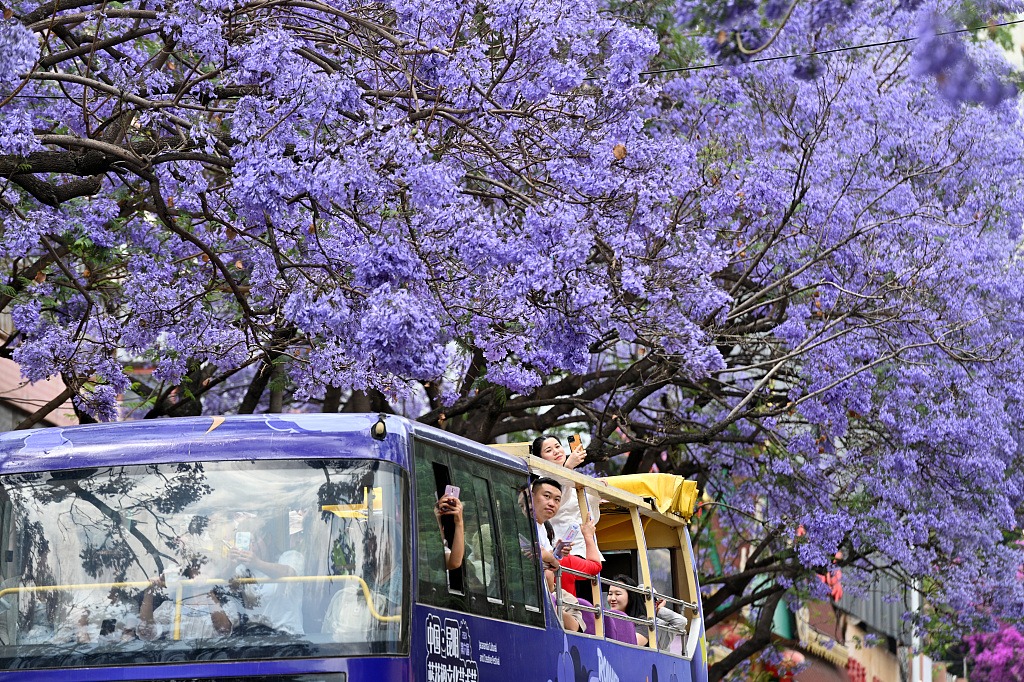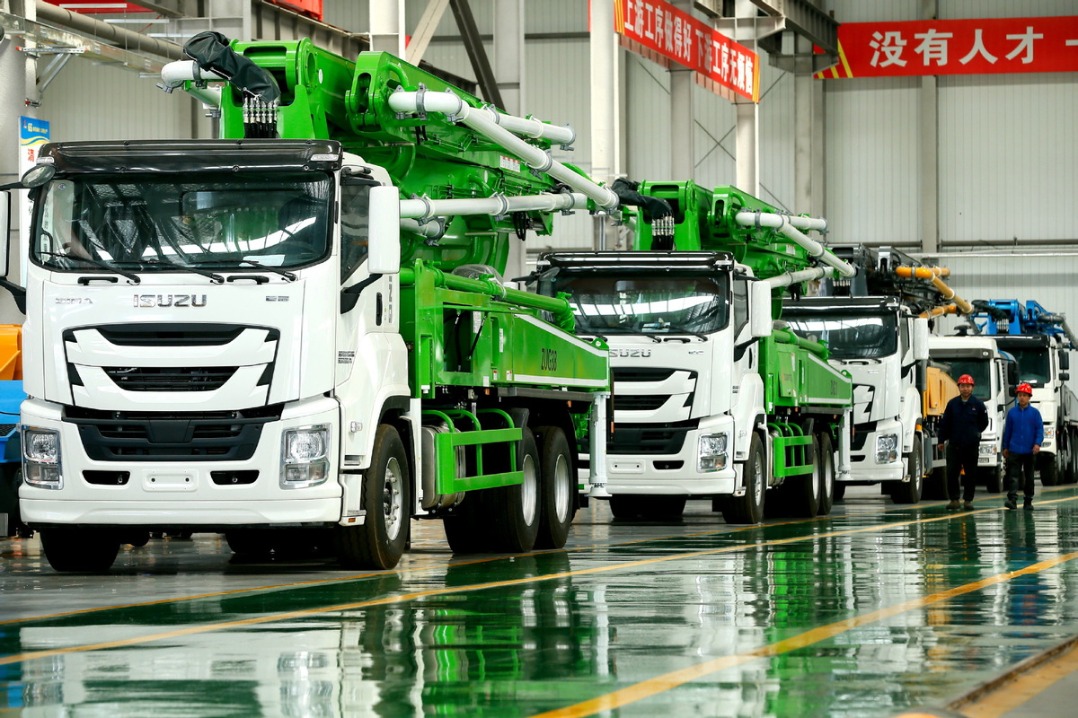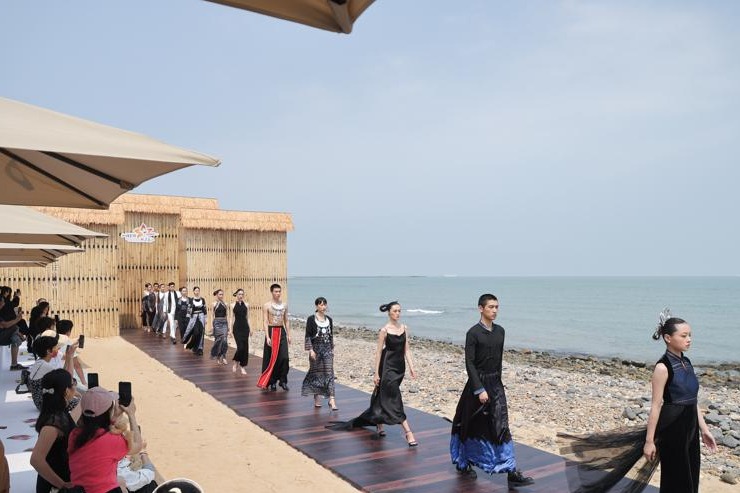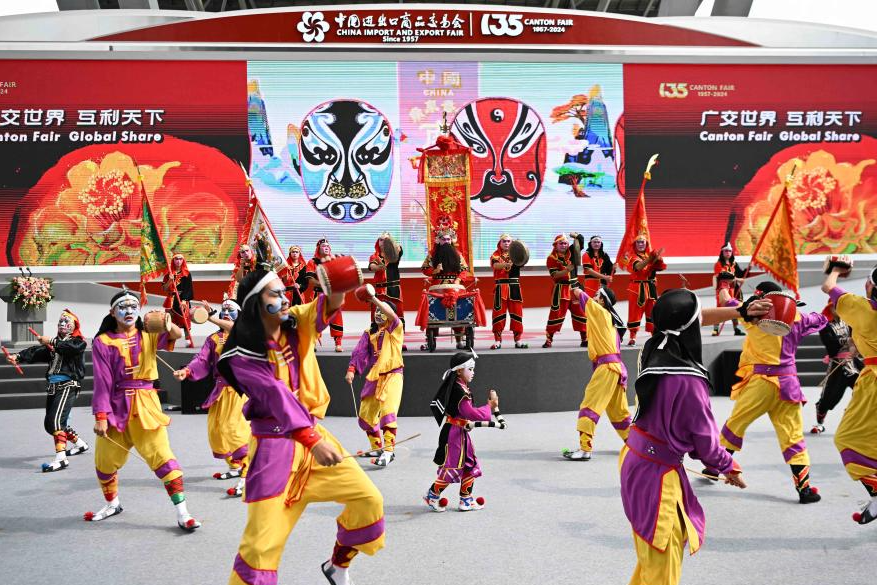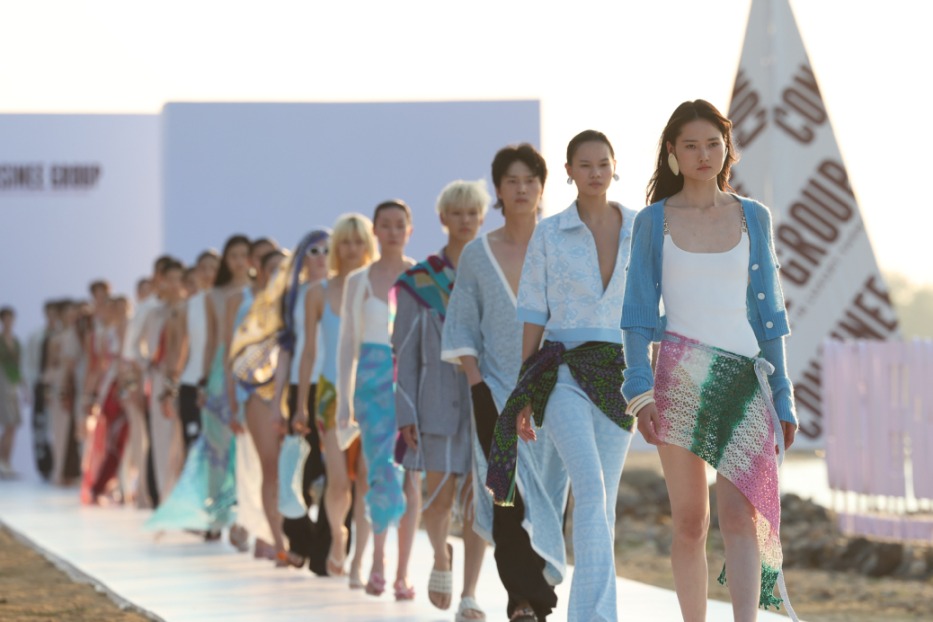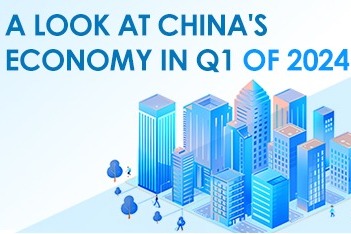Pioneering the new age of tea in China

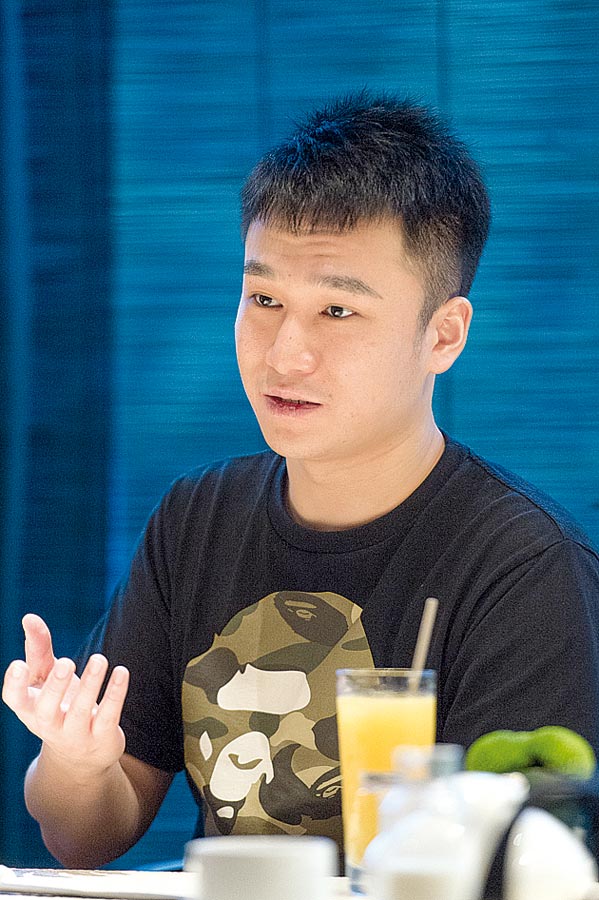
While the milk tea shop that Nie Yunchen set up in Jiangmen, Guangdong province, in 2012 was a tiny business operation that measured no more than 20 square meters, he harbored ambitions that were far larger — he wanted to create a globally recognized tea brand like what Starbucks is in the coffee industry.
Five years after making that initial investment of 150,000 yuan ($21,780), Nie's milk tea chain Heytea raked in a whopping 600 million yuan in revenue, a 100-percent increase from the previous year.
Today, there are more than 100 Heytea branches across 13 Chinese cities including Beijing, Shanghai, Guangzhou and Shenzhen.
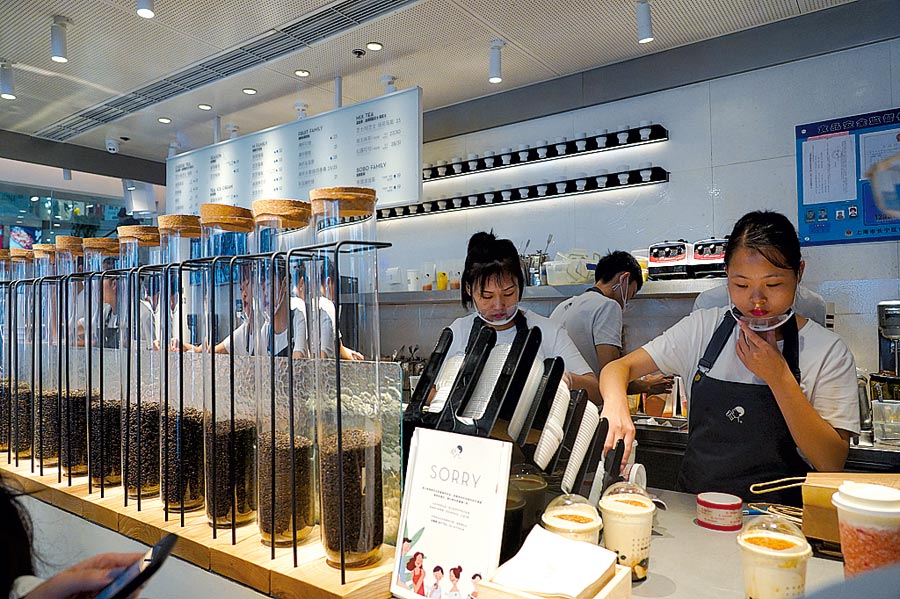
When Heytea made its foray into the east China market by opening its first store in Shanghai last February, the company had to request for police presence as the queue of customers stretched for hundreds of meters. Some customers had to wait for as long as seven hours just to buy a 25-yuan cup of tea. Scalpers loitered away from the queues, offering cups to those who lack the patience to get in line — for three times the price.
The brand is also renowned for popularizing the cheese-foamed tea, which has become such a hit among the masses that it is now featured on the menus of thousands of coffee and tea chains and even well-established Chinese and Western restaurants.
"It's beyond a doubt that a super brand will rise from the category of modern Chinese tea. And the influence of this super brand must be worldwide," Nie said.
"This super brand may not be Heytea, but it must come from China."
According to Nie, Heytea will open 100 new stores in the Chinese mainland, as well as outlets in Singapore and Hong Kong by the end of this year. The brand also plans to expand its footprint to include the European and US markets in the near future.
The only son of two geologists, Nie made his first bucket of gold at the age of 19 by selling smart phones. Determined to create something "as impactful as what Steve Jobs has done with Apple", Nie chose to enter the tea industry two years later.
"I never want to be just selling stuff. Selling doesn't create value. Instead, I want to create things that ideally leave an impact on the world. It has to be a cause that is worth devoting my youth to," said Nie.
The founder speaks to China Daily USA about the brand and its plans for the future in Shanghai, ahead of the opening of its flagship store at the Disney resort in late August.
Why do you want to introduce Heytea to foreign markets?
At one point, we thought China itself might be a big enough market for us. Most businesses only need to focus on the two super markets globally — US and China. However, as we became more assured of our performance and were convinced that we were on the right track to success, we realized that having a presence in some of the key markets worldwide is not just about boosting sales — it is also about being the best in the world.
We definitely want to penetrate the local market further. It would be of little significance if the main consumers of our overseas outlets are Chinese living in these foreign lands. In terms of price, our product is affordable enough to become a daily product most people consume. Moreover, we hope Heytea can be more than a drink or a brand, but a cultural symbol and a namecard that says China's thousand-year-old tea culture can be young and fun.
Do you think that cheese-foamed tea might just be a fad?
Heytea has never been positioned as a brand of cheese-foamed tea, or any type of tea. Heytea is built on rejuvenating Chinese tea and making young Chinese interested in tea. My confidence doesn't come from Heytea or myself, but the nation's tea tradition that has been around for thousands of years. Any certain type of tea can be outdated. But tea itself will not.
What do you think is the unique advantage of Heytea?
Heytea didn't invent the foam tea — but we made it better. Generally, we make common tea beverages taste better. Over the past decade, the milk tea industry has been using powder so heavily that it has scared many consumers away. For some time, young girls, once the core customers of the industry, would rather choose a bottle of water than a cup of milk tea. There is nothing illegal or wrong with using powder, but no one today would want to consume so much powder.
When we discovered the foam tea and saw it as a potential breakthrough to rejuvenate the tea industry, we decided to replace the powder with real ingredients such as milk and cheese that would be more appealing to consumers.
I think one of the major reasons why young people are not fond of tea is because of the slight bitterness which can be balanced with the creamy and smooth cheese foam. Also, the sweet aftertaste of the tea makes up for the short finish many dairy products have on the palate.
Who do you think is the main competitor of Heytea?
I don't think we have one key competitor in the tea drinking industry today because the market is so fragmented and current players aren't competitive enough. The industry is also growing much faster than any brand or company. So I'd say that the game has yet to even begin.
What do you think of Starbucks?
It's a respectable food chain with consistent value and identity, something Chinese enterprises should emulate. Most businesspeople in China prefer putting their money in the real estate market or peer-to-peer funding because they just want to make money quickly. Starbucks affects the way we decide our product prices, which are 10 yuan lower than their average offerings. As confident as I am about my products, I believe that as a latecomer that's the only way to disrupt the market established by a predecessor.
Do you think coffee is an enemy of tea in China?
No, I think the interest in coffee has been exaggerated in China, especially in lower-tiered cities. The real enemy of tea is old tea — which either has been downgraded to a cup of additives or overpriced to the levels of antiques because of speculation. It's time for China, the world's largest economy, to have a right cup of tea.
















